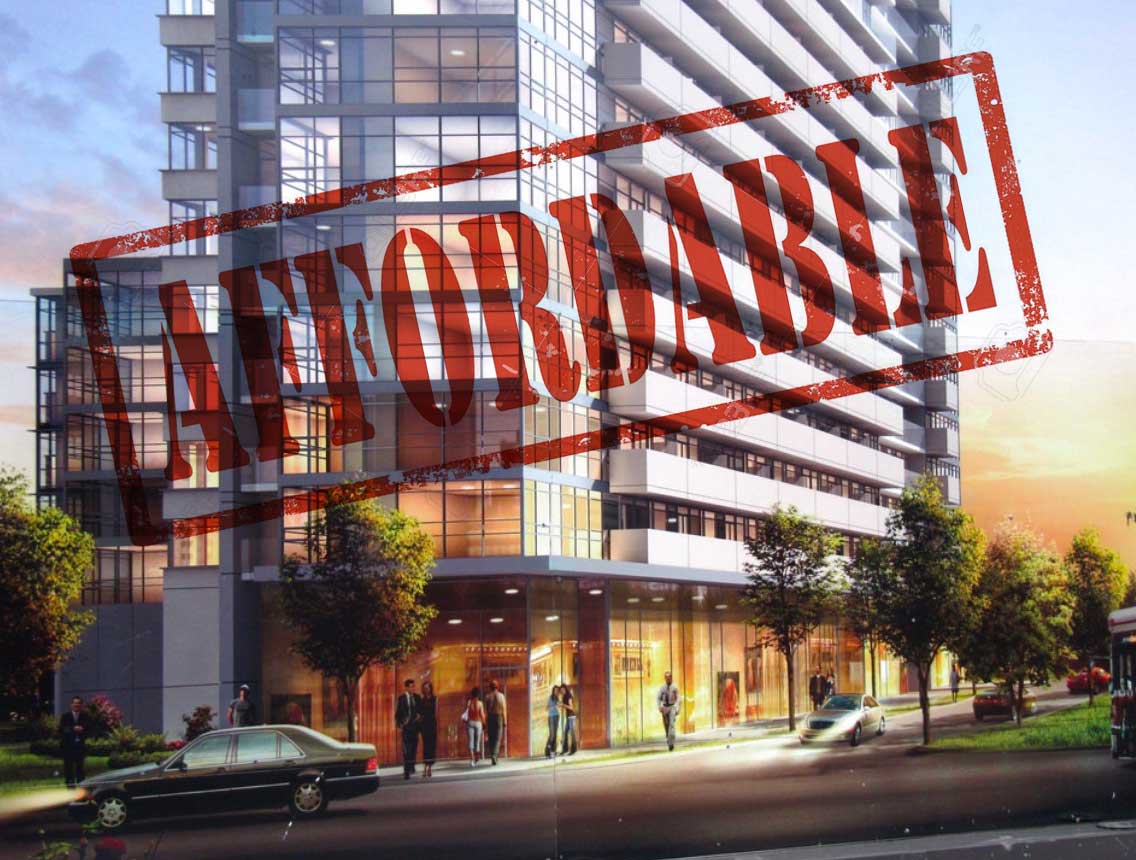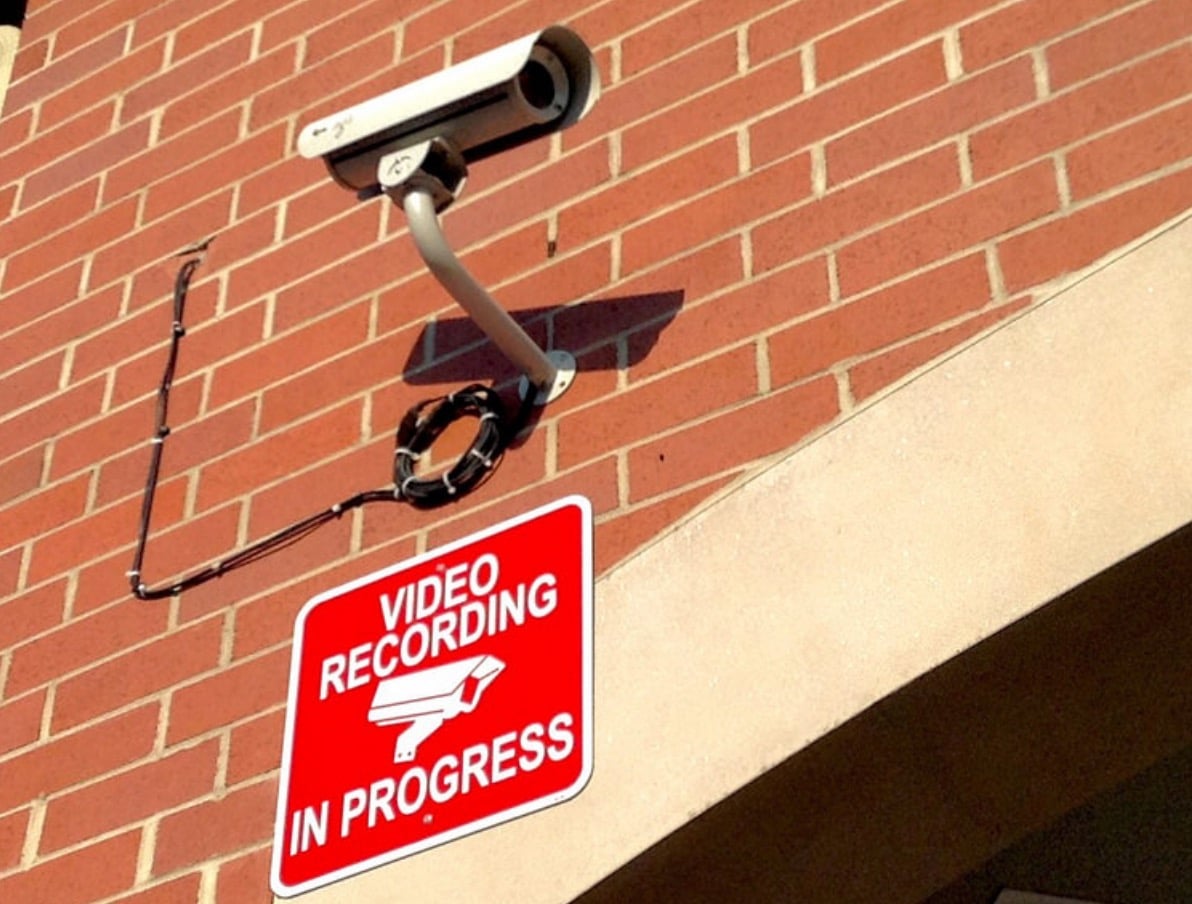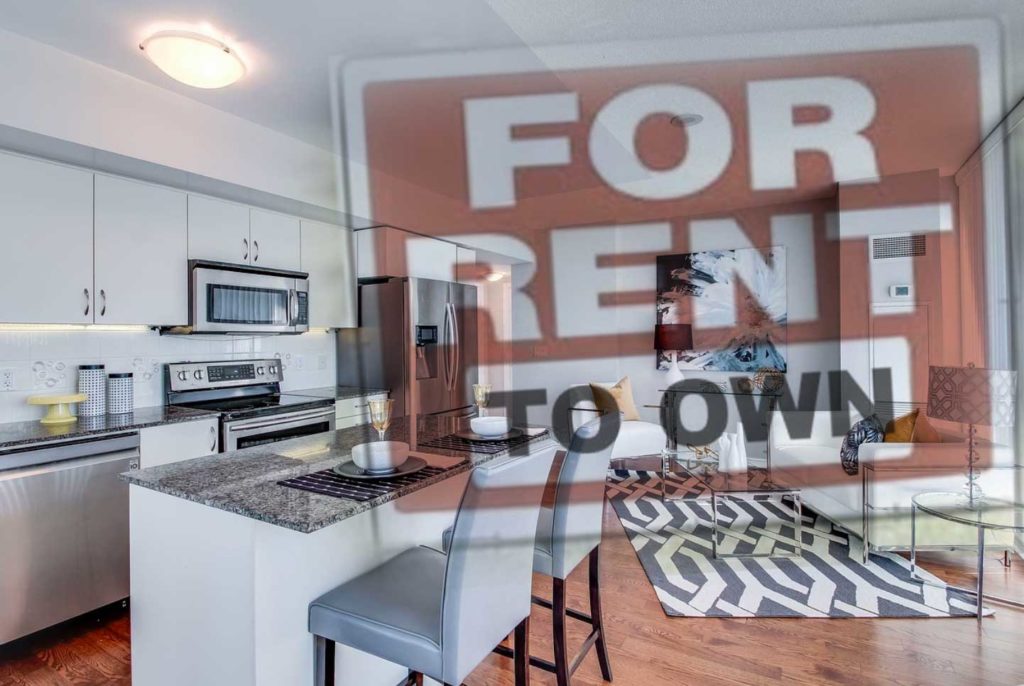The rent and purchase of condominiums is a rapidly growing trend not just in Toronto but a lot of other urban areas of the world. Condos are small space living areas housed together in a block where a separate owner owns each condo.
Before we delve into whether jumping at the rent to own option for condominiums in the city is a good idea or not, let’s first draw a list of all the benefits and drawbacks of owning a condominium in a high rise building centered in the fast-paced, modern city of Toronto.
The Benefits of Buying a Condo in Toronto
How does rent to own work? Before we get into that here at Precondo, we will discuss first the 3 benefits of buying your property instead of renting to own in Toronto.
These were assessed by our real estate experts to give you a view of what condo owners were experiencing when they purchased their condominium.
1.) Affordability

Rent to own Toronto condos are low-priced than the housing units available for families.
The low prices stem from the fact that condominiums are sometimes uncomfortably small, and that they don’t take much land space, but are just a tiny piece of a block of similarly sized condos glued together into a very compact space.
2.) 24/7 Security
If you ask around, most of the people who own a condominium in Toronto will say they purchased it for the excellent protection it offers. Condos usually provide gated security, a doorkeeper and security officials residing in the building.[1]
3.) Wide Array of Facilities & Amenities
Toronto condominiums come with essential amenities like a parking garage, a pool, and a gym. You don’t have to reach far and wide for these essential amenities if you are a resident of a condominium. It’s the convenience to these facilities that make condo living more ideal than a house.
Drawbacks on Buying a Condominium
Discussing only the benefits would be incomplete without the disadvantages. In the section below, we’ll discuss what the Toronto condo renters thought about before buying their own property.
1.) Condos Can Be Stifling

It’s not as independent as owning a house, and you usually have to ask for permission before doing any significant changes to your condo.
2.) Privacy Issues
Toronto condominiums are like Lego blocks all fitted together in a high rise tower. Privacy is a foreign concept and walls are paper thin.
You can hear the traffic, hear your neighbors’ activity out in the hall when they pass by, and getting some peace can be a challenge. It could be inconvenient when you’re a light sleeper since some residents could be more active during the night time.
Rent To Own Condo FAQs
Now that we have covered the pros and cons of buying a condo let’s see if owning one is worth it. A lot of renters have been jumping into purchasing the condos in Toronto that they are renting, and so far the buyers have only seemed to increase in number.
Here are some of the frequently asked questions for your review.
1.) “What should I expect?”

You can sign a rent to own agreement, and work your way towards buying the condominium.
You know the advantages and disadvantages of living in a condo in the middle of a busy and noisy city like Toronto, and if you’re debating buying it, then there must be something you like about it.
Since you have already experienced living in a condo, what you see around you is exactly what you get, warts and all.
So if the condominium you live in is not underfunded, and you are satisfied with the management, then owning one might be a good idea.
Rent to own Toronto condos have an attractive choice for buyers with imperfect credit scores.
People who are looking to stabilize their credit scores are drawn towards agreements because it gives them the time to secure good credit and prepare their financial details for a loan.
This deal allows buyers with imperfect credit scores to live on the property and pave their way towards buying the condominium.
2.) “Is it a Good Idea?”
Having a rent to own Toronto condo is an excellent idea if you’re either recovering from bad credit or are not yet financially stable to make the down payment on a mortgage – the caveat would be finding the ability to rent and then own the property as it’s not commonplace in the city.
The agreement allows potential buyers to secure the price of property and lock into the purchase agreement while they slowly save enough to be able to purchase the property.
Rent-to-own is an alternative route to homeownership for those who can’t obtain financing due to poor credit or because they don’t have enough money for a down payment (or both). – Erica Alini, Global News
3.) “How much would it cost?”
Real estate prices have been scraping the skylines for quite some time now. Property prices rise rapidly and take a long time to come down to the first rates. So if you’re sure that you want to purchase a certain condominium in Toronto, you can nail down the price by signing an agreement on the property. You can live on the farm, lock down the rate, and steadily build your way towards purchasing it.
Scams & Agreements Gone Wrong

Real estate owners often don’t intend to sell their property in the first place and keep the potential buyer waiting by renting the property at high rates and keeping the tenant from being able to make the purchase.
Eventually, the tenant runs out of time, and the agreement expires before he could save up enough to make a down payment on the property and is eventually evicted.
Scammers in Toronto are always looking to take advantage of unprepared tenants or tenants who put too much trust in the owner without doing their research. This is why it is recommended to consult licensed real estate agents or real estate lawyers to be able to make sure that no loophole isn’t being tied up or if their client is running a risk of being scammed. [2]
Our Final Verdict…
Seeing as there is an equal chance of a successful rent to own transaction as there is of getting scammed or failing to make the payment within the time of the agreement; we say it’s better to explore your options before you go for this option for the purchase of condominiums in Toronto.
References:
1. Scott Hill, Understanding condo security, retrieved from https://www.canadiansecuritymag.com/news/industry-news/understanding-condo-security
2. Allan Benner, Real estate scams could be increasing, retrieved from https://www.stcatharinesstandard.ca/news-story/8601991-real-estate-scams-could-be-increasing/

